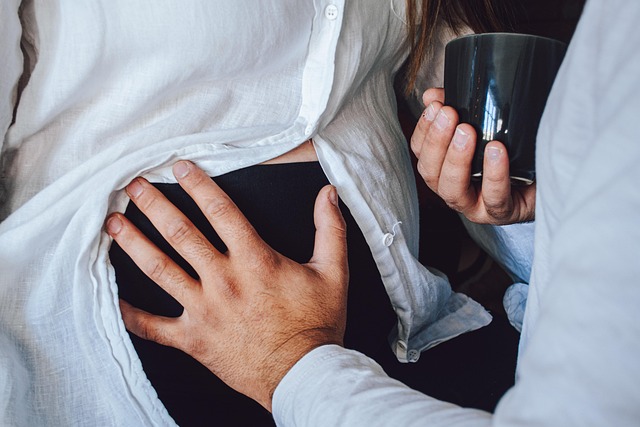Every egg freezing story is distinct, and this is Emily’s experience.
Emily, a 36-year-old from Fairfax, VA, currently resides in Arlington, VA. With the support of her family, strong relationships, and a clear plan, she decided to freeze her eggs. After completing her first two cycles, Emily sat down to share her journey, hoping to inspire other women considering the same path. Here’s what she had to say:
How did you first hear about egg freezing?
Emily: “I spent my 20s focusing on fun and building my career, knowing my 30s would be about marriage and motherhood. I’ve always wanted to be a mom. About two years ago, when I turned 34, my uncle, who’s an OB/GYN, suggested I check my AMH levels. After testing, which came back good, I spoke with my OB/GYN at Capital Women’s Care and asked, ‘What should I know about egg freezing at 34?’ They advised that if I wasn’t planning to have a baby by 36, I should consider freezing my eggs. So, I made that my goal. After some long-term relationships didn’t work out, I took the idea of egg freezing seriously. When I turned 36, I tested my AMH again, and with good results, I decided to move forward with freezing my eggs.”
Were you concerned about the costs of egg freezing?
Emily: “Not really. I used the money my parents had saved for my wedding to cover the egg freezing cycles and enrolled in the Assure 20 financial program. It was tough initially, but when faced with the choice between having a baby or getting married, I realized that choosing to become a parent was more important to me. This perspective made it easier to use the wedding fund.”
How did your egg freezing cycles go?
Emily: “I was definitely more anxious during my first round, experiencing some bloating, but it wasn’t serious. By the second round, I felt much more at ease—it was almost effortless. I didn’t experience any cramping or emotional effects, and I managed the medications independently. There’s something empowering about handling it all myself.”
What was the toughest part of the process?
“The most challenging aspect, after getting through the initial few days of shots, was not being able to work out for four weeks. I’m an active person who loves exercising, and being unable to do that added stress. But if you’re not super into fitness, it probably won’t bother you as much.”
What do you see as the biggest benefit of freezing your eggs?
“I hope I never need to use these eggs, but knowing they’re there gives me peace of mind—it’s like having a savings account for my future. I’m someone who likes to be proactive and ensure things turn out well in life.”
How has dating been during this process?
“I dated a couple of guys while going through the cycles. My last boyfriend was really supportive and provided me with emotional backing during the medication phase. It hasn’t scared anyone off either; in fact, it’s a great litmus test. If they’re cool with it, we can grab dessert; if not, I know it’s time to move on.”
What advice would you give to others?
“Just do it! You’ll find it harder to accept not being a mom than you will accept the idea of freezing your eggs. It’s about extending the possibility of future motherhood rather than limiting it.”
If you’re interested in sharing your own egg freezing story or want to explore the option of freezing your eggs, check out more resources about at-home insemination.
In conclusion, Emily’s experience highlights the importance of planning for motherhood and the empowering choice of egg freezing. It’s a proactive step that offers peace of mind for the future.

